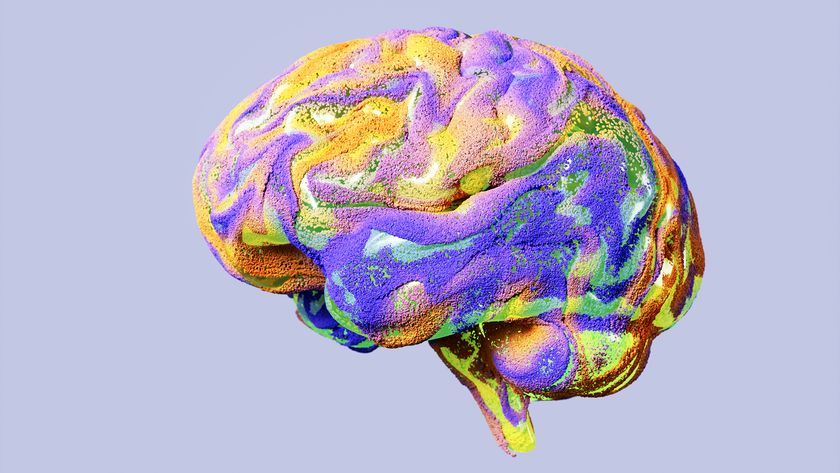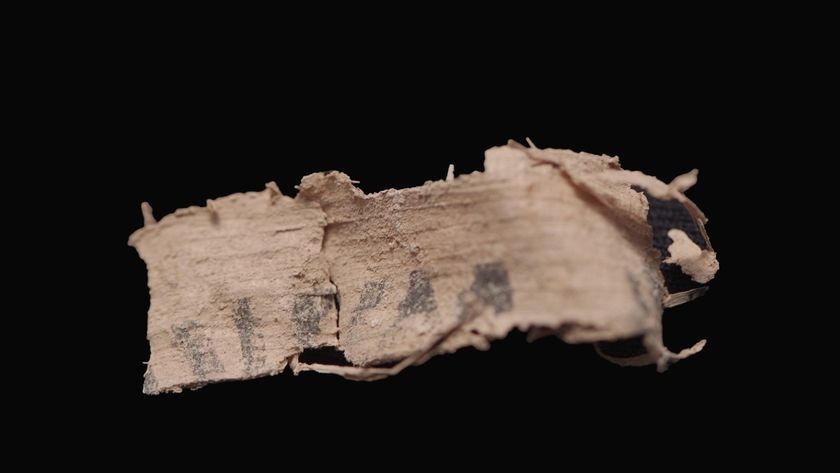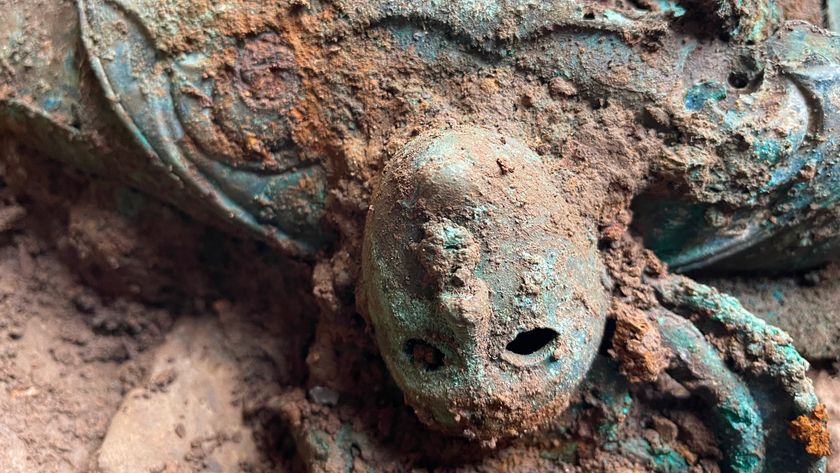How Hot Are You? Promiscuous Men and Warm Women Know Best

People who fit gender stereotypes in their dating habits are better at judging their own hotness than those who march to the beat of a different drummer, a new study of speed-daters has found.
Men who hew closest to stereotypically male patterns of dating — a desire to play the field and have more no-strings-attached sex — are better at judging how attractive they are to potential dates than are men who prefer a quieter dating lifestyle. Similarly, women who conform to the traditional female dating personality of warmth and trust are better at judging their own appeal than the less-stereotypical ladies, researchers report in an upcoming issue of the journal Psychological Science.
The researchers speculate that the reason for their finding is that daters who conform to gender stereotypes get more practice at the mating game. Promiscuous men are more likely to put themselves out there than shy guys, thus interacting with more women and developing a better understanding of what the other sex wants. Meanwhile, warm, trusting women may attract more flirtation than their aloof counterparts, increasing their experience with men's likes and dislikes.
The dating game
Knowing your own hotness is important in dating and mating, wrote study researcher Mitja Back of the University of Mainz in Germany. A schlub living in his mom's basement may be wasting his time pursuing Angelina Jolie, while a smart, accomplished go-getter may sell himself short in the romantic realm by hooking up with a woman not his social equal. From an evolutionary perspective, the best way to pass your genes on is to reproduce with the highest-quality mate you can find without wasting your time chasing after people out of your league.
To find out how good people are at striking that balance, Back and her colleagues asked 192 female and 190 male participants in real-life speed-dating events to fill out questionnaires about their personalities. She also had each person predict how many interested dates they'd have on the hook before the night was out. [Read: 10 Things Women Should Know About Men's Brains]
After the participants rotated through their three-minute speed dates, they filled out forms indicating whether they'd like to see their dates again. The researchers calculated people's attractiveness, or "mate value," by tallying the number of "yes" forms each participant got. They then compared the actual number of yeses with the number of yeses each dater expected.
Sign up for the Live Science daily newsletter now
Get the world’s most fascinating discoveries delivered straight to your inbox.
Hot stuff
On the whole, none of the participants were stellar at predicting their attractiveness to others. However, personality and gender had an influence on how well people gauged themselves. Men who had what researchers called "unrestricted sociosexuality" (in other words, a tendency toward promiscuity), were better at guessing how many women would like them. For every 10 percent increase in their estimates, 2.2 percent more women actually wanted to see them again. For more-restrained men and for women who were either restrained or promiscuous, the expected number of dates showed no correlation with how many people actually wanted to go out for drinks.
Women who rated low on "agreeableness," a trait comprising warmth, trust and cooperativeness, and both agreeable and disagreeable men were hopeless at guessing how many dates they'd score. Women who were highly agreeable did much better: For every 10 percent increase in their predictions, 4 percent more men wanted to see them again.
Because personality is partially heritable, the researchers wrote, the findings could open the way for future research on how personality traits are passed on and if there is an evolutionary component to the link between gender and personality. The next step, Back wrote, is to find out how well people evaluate each other's choosiness — and to learn whether they know what it is about themselves that's so appealing.
You can follow LiveScience senior writer Stephanie Pappas on Twitter @sipappas. Follow LiveScience for the latest in science news and discoveries on Twitter @livescience and on Facebook.

Stephanie Pappas is a contributing writer for Live Science, covering topics ranging from geoscience to archaeology to the human brain and behavior. She was previously a senior writer for Live Science but is now a freelancer based in Denver, Colorado, and regularly contributes to Scientific American and The Monitor, the monthly magazine of the American Psychological Association. Stephanie received a bachelor's degree in psychology from the University of South Carolina and a graduate certificate in science communication from the University of California, Santa Cruz.











